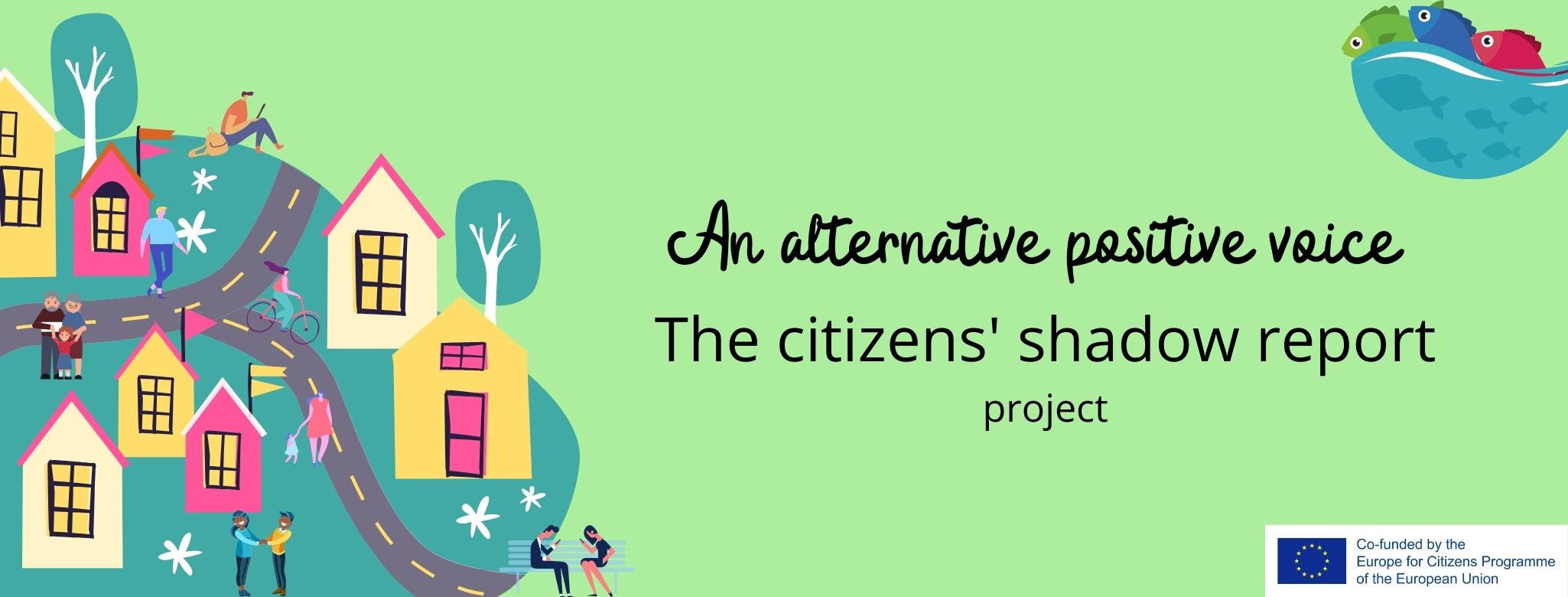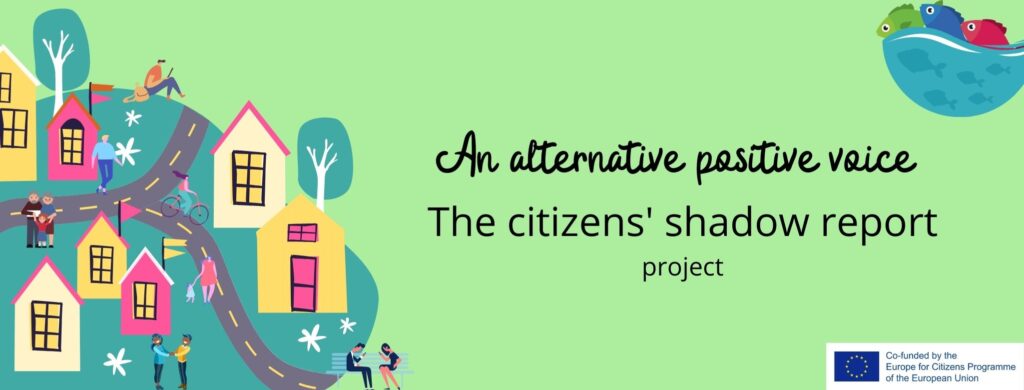

THE STORY
The EU macro-regional strategy is a relatively new policy-making framework covering the Baltic Sea, the Danube, the Adriatic-Ionian and Alpine regions. It serves as an interface between EU and local level policy developments.
The European Commission prepares biennial reports on the implemetation of macro-regional strategies. The latest one covers the 2018-2020 period and has all the characteristic features of an EU document.
Our ’Shadow Report’ project brings together nine civil society organisations covering the four macro-regions. Their joint work is NOT a political analyses of the Commission’s paper but rather a demonstration of the benefits of citizens’ involvement in shaping and implementing a non-conventional document with stimulating insights and concrete recommendations. This is where we need you input!
HAVE YOUR SAY AND SHARE YOUR EXPERIENCE!
We are in the midst of elaborating our Shadow Report. We identified 10 topics to be covered by our paper and have 5 questions per topic. For each topic please choose one question out of the five what you find most interesting/relevant for you and send your answers back to us. Our Report will be based on the answers received and finetuned with in-person meetings with citizens in public places in Mariager (DK), Szentendre (HU), Ljubljana (SI) and Palermo (IT) during the summer period.
As an illustration and encouragement have a look to some of the answers respondents already sent in.
You can send your opinion/suggestions using our questionnaires:
TOPIC 1: The state of civil society in the four macro-regions
TOPIC 2: Democracy and values; bottom-up approach, citizens’ ownership; partnership and participation; multilevel governance
TOPIC 3: Meeting the citizens, human contacts, confidence-building; tourism
TOPIC 4: Corona virus/COVID-19; solidarity; lessons learned; increased EU integration
TOPIC 7: Circular economy/sustainable development/green Europe; visions for 2030
TOPIC 8: Creativity/inventiveness/digitalisation/smart solutions
TOPIC 9: Non-EU member states; possibility of EU accession
Looking forward to receiving your opinion, personal story, proposal or any other form of your input by 30 April 2021.
The project is co-funded by the Europe for Citizens Programme of the European Union.
![]()